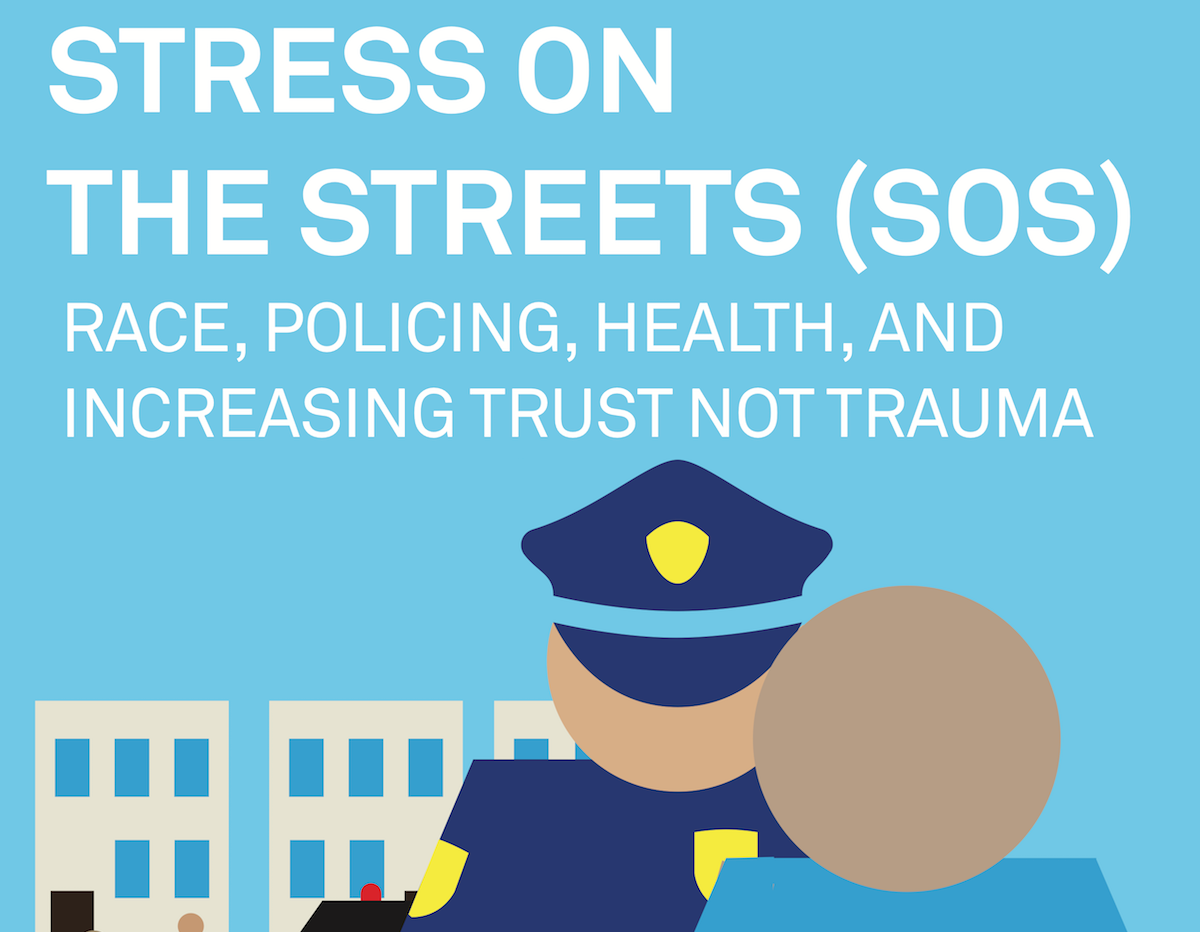
An important new report looks at the relationship between policing practices and public health. Stress on the Streets (SOS): Race, Policing, Health, and Increasing Trust, not Trauma, released last month by Human Impact Partners, the Ohio Justice & Policy Center, and the Ohio Organizing Collaborative analyzed police practices in two cities – Cincinnati and Akron.
“The tension and distrust between people of color and police in the United States is an underestimated public health crisis,” the report opens. “Shocking cases of mistreatment, injury, and death grab headlines and go viral on social media, but the mental, emotional, and behavioral impacts of this fraught relationship affect communities of color and police officers in ways less often discussed.”
The report outlines the following four models of policing:
- Community-oriented policing described by a White House task force as police working “with neighborhood residents to coproduce public safety.”
- Problem-solving policing, in which police seek to proactively identify and address the root causes of crime.
- Focused policing, including cracking down on a specific crime or offense, stepping up police presence in hot spots, and focusing on repeat offenders.
- Standard policing, which targets all crimes across an entire jurisdiction and aims to improve public safety by increasing the number of police, random patrolling, or responding more rapidly to calls.
They suggest that the standard model is the least effective in reducing crime, building trust, and addressing inequities, while the problem-solving model is most effective, especially when combined with the community-oriented model. They found that Akron’s policing model is most similar to the standard model, while Cincinnati uses community-oriented and problem-solving policing.
Check out the recommendations, see the new website, and read the full report here.



